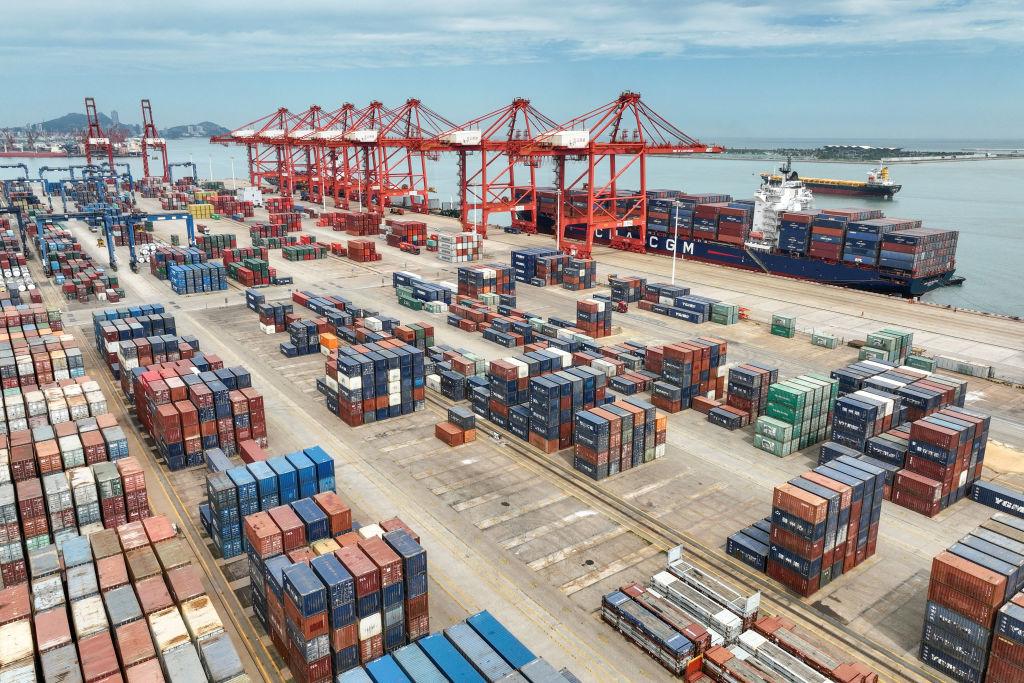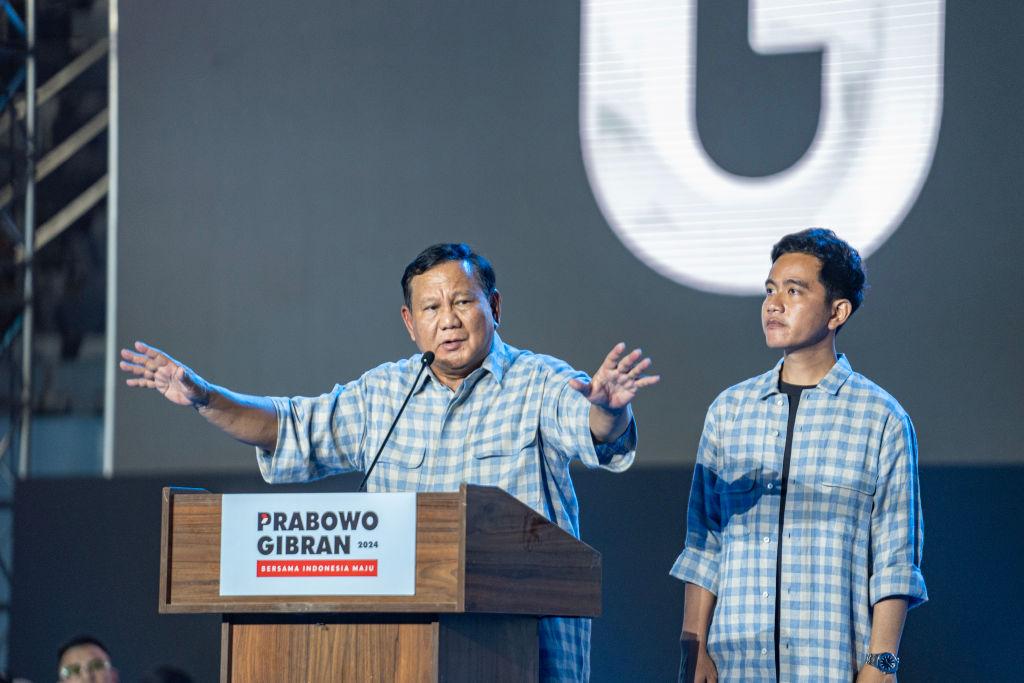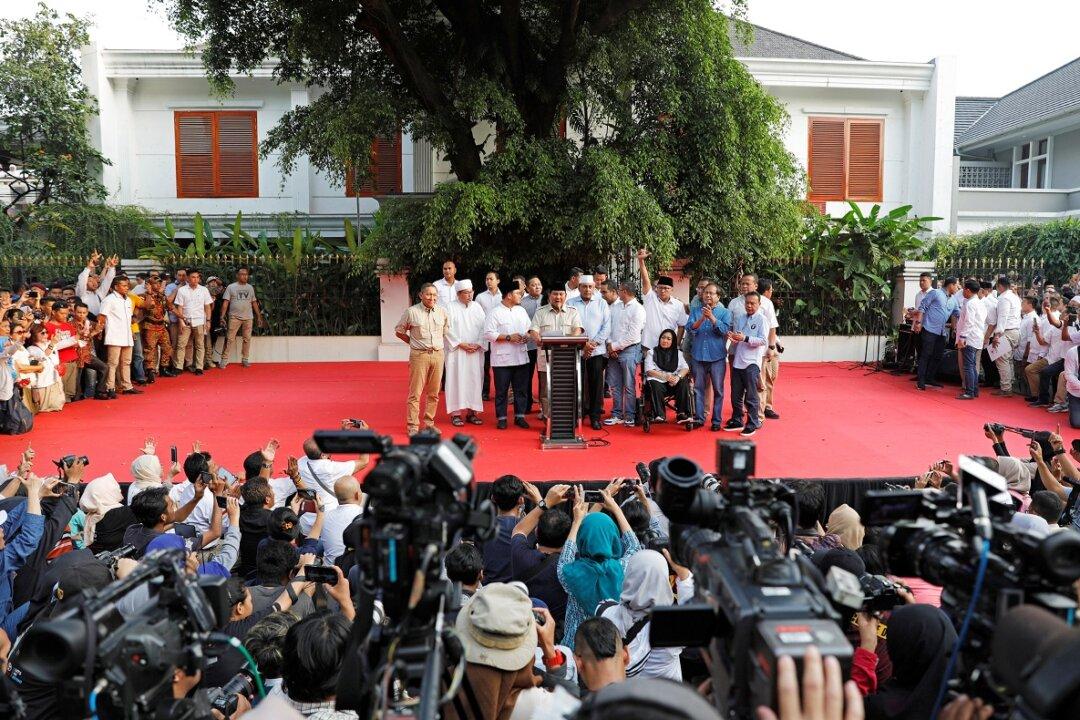For the second consecutive year, the value of Australian agricultural exports has reached a historic high of $80 billion, with winter crops playing a pivotal role in driving an impressive 20 percent growth in the market.
In the 2022-23 financial year, broadacre crop exports, valued at $31 billion, accounted for over one-third of Australia’s total exports.




